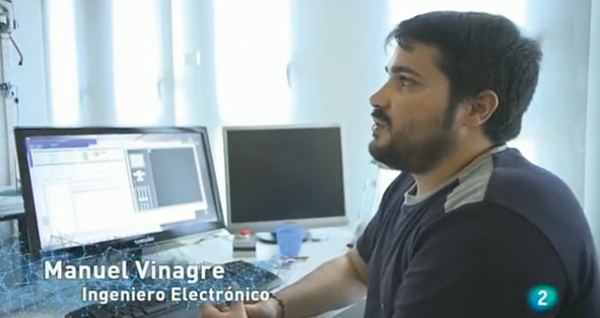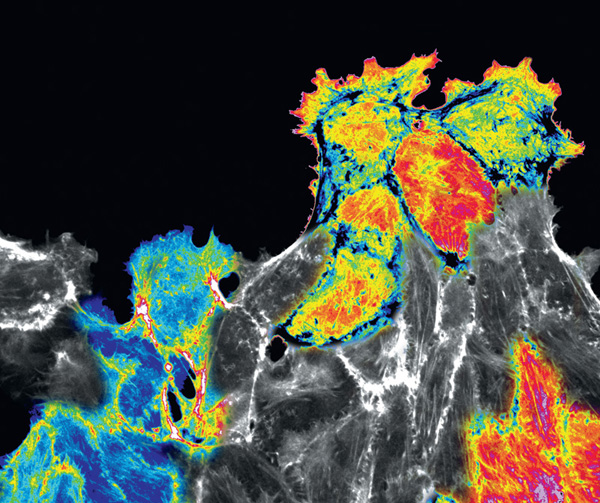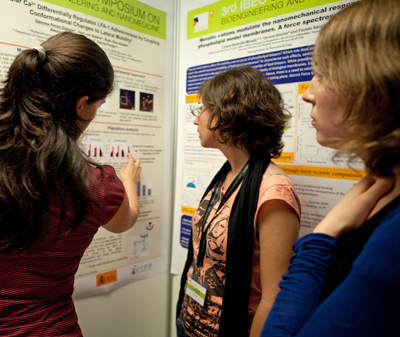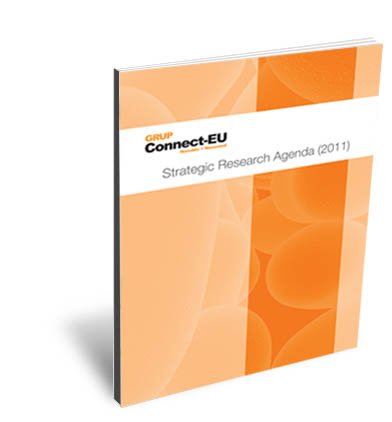Prize for arts and science project
 An arts and science initiative involving IBEC and Barcelona’s Arts Santa Mònica centre, which took place earlier this year, has been awarded the Antoni Caparros Prize for Best Knowledge Transfer from the University of Barcelona.
An arts and science initiative involving IBEC and Barcelona’s Arts Santa Mònica centre, which took place earlier this year, has been awarded the Antoni Caparros Prize for Best Knowledge Transfer from the University of Barcelona.








